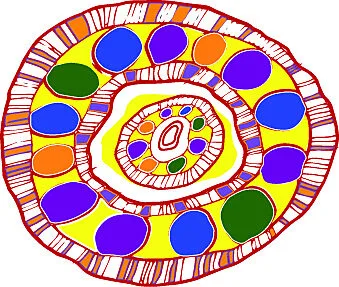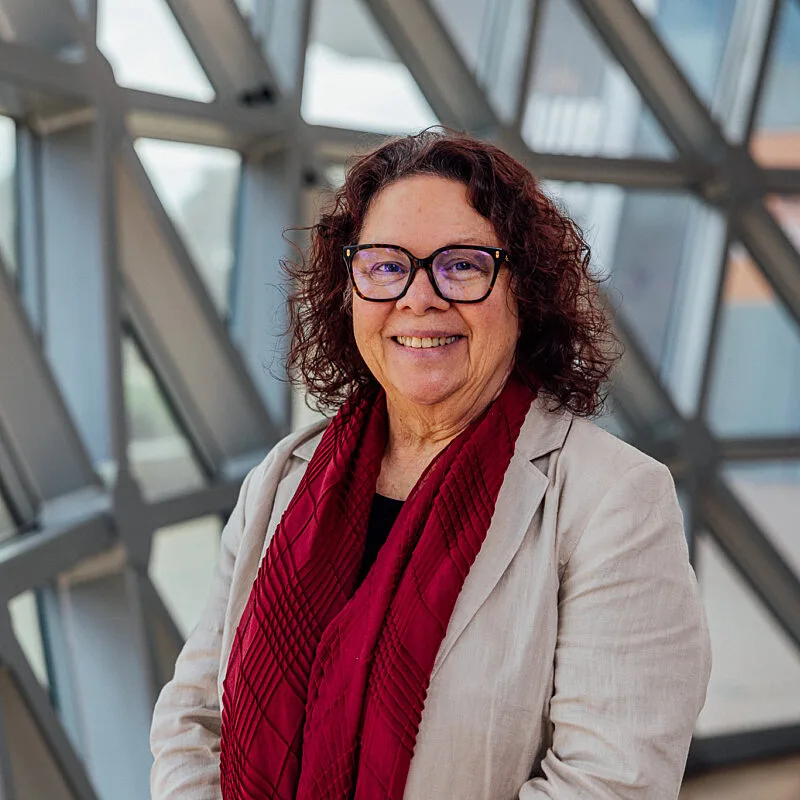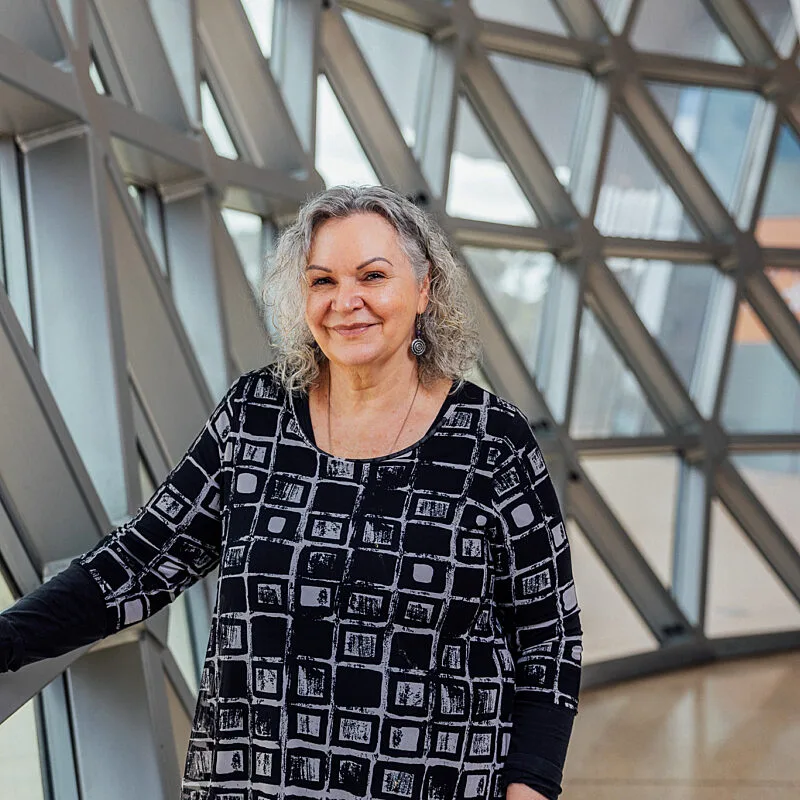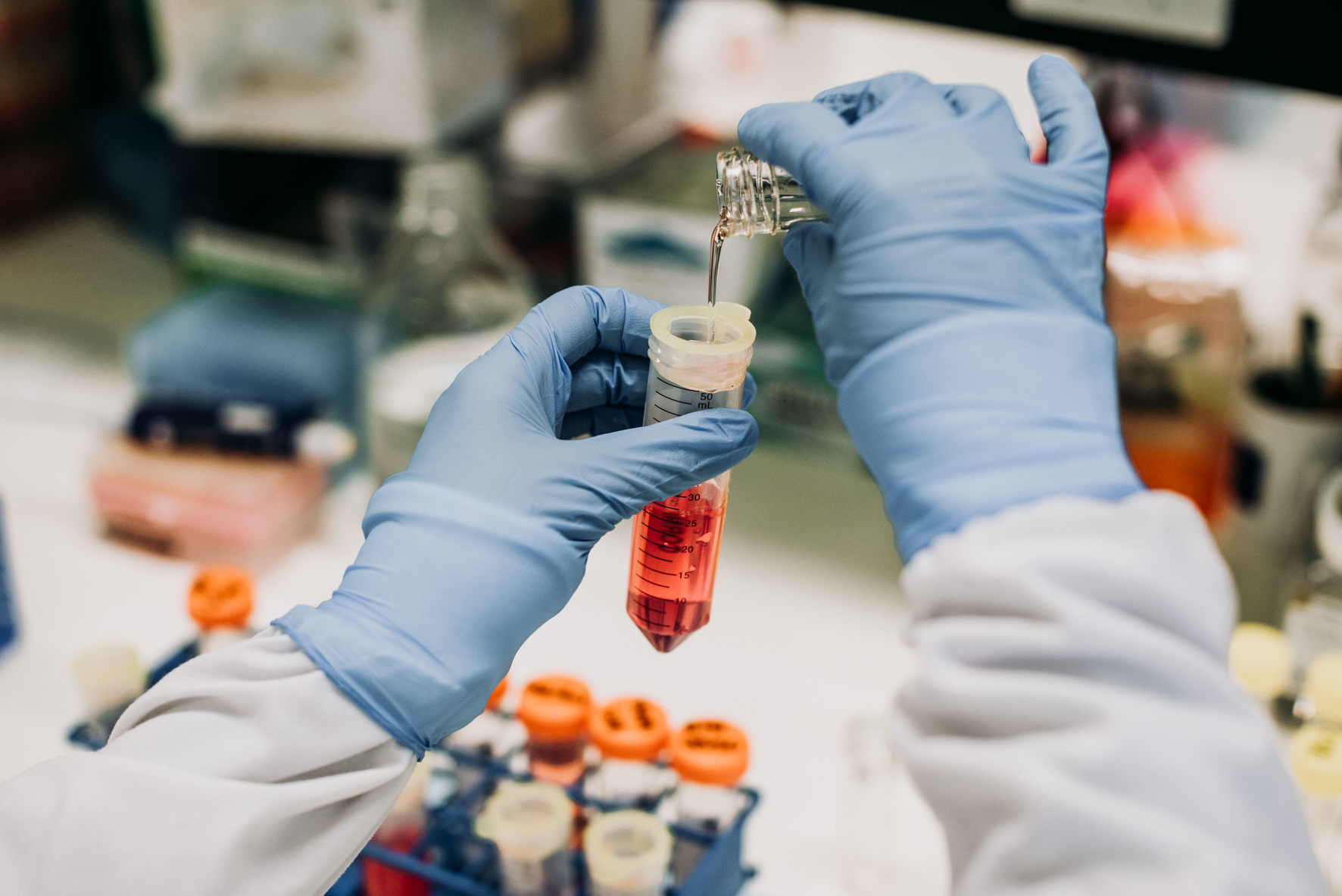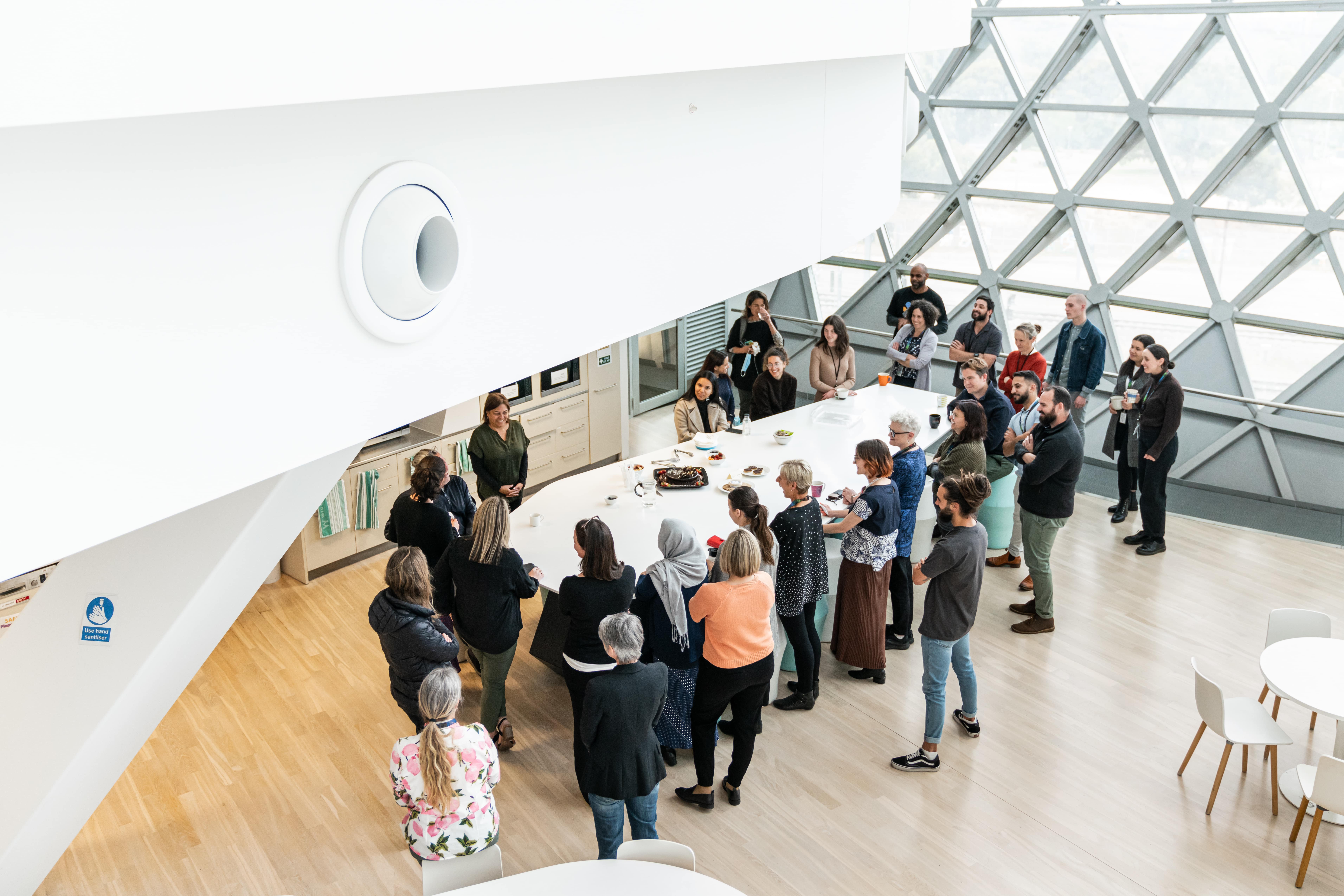The Aboriginal Communities and Families Health Research Alliance (ACRA) brings together researchers, Aboriginal community members, policymakers and service providers to facilitate community-driven, culturally respectful research to benefit Aboriginal families and communities.

ACRA also focuses on knowledge exchange and translation of this research into ongoing improvements in culturally appropriate health care services supporting Aboriginal maternal, perinatal, child and family health and wellbeing.
Through this work, ACRA creates strong and sustainable research partnerships and collaborations between community, researchers, service providers and government.
ACRA was formally launched at the Women’s and Children’s Hospital in November 2017.
Click here to view all of our publications